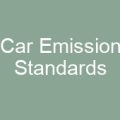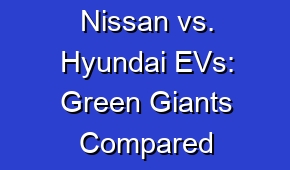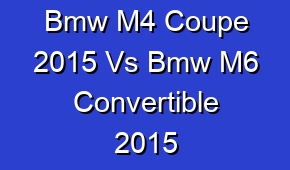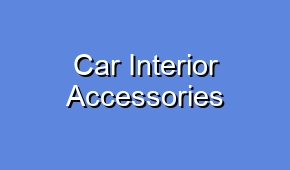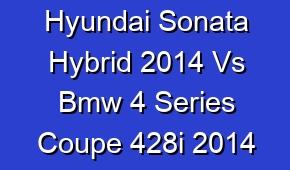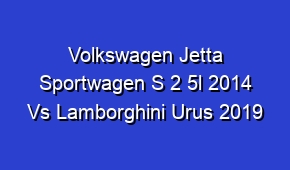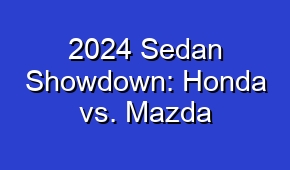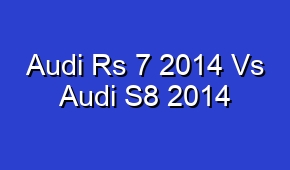Car Insurance Coverage Options
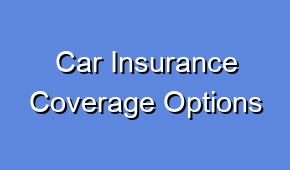
Car insurance coverage options include liability, collision, comprehensive, uninsured/underinsured motorist, and personal injury protection. Each provides different levels of protection for your vehicle and yourself in the event of an accident.
When it comes to car insurance coverage options, there are several factors to consider. Comprehensive coverage provides protection against theft, vandalism, and other non-collision incidents. Collision coverage is crucial for covering damages to your own vehicle in the event of an accident. Liability coverage is essential for covering injuries and damages to others involved in an accident. Uninsured/underinsured motorist coverage protects you if you are involved in an accident with a driver who doesn’t have adequate insurance. Medical payments coverage can help cover medical expenses for you and your passengers. It’s important to carefully review and understand all your car insurance coverage options to ensure you have the right level of protection.
| Car insurance coverage options provide protection for your vehicle and yourself. |
| Liability coverage helps pay for damage you cause to others’ property or injuries. |
| Collision coverage helps cover repair costs for damage to your vehicle from accidents. |
| Comprehensive coverage protects against damage from theft, vandalism, or natural disasters. |
| Personal injury protection (PIP) covers medical expenses and lost wages after an accident. |
- Uninsured/underinsured motorist coverage provides protection if you’re involved in an accident with a driver who doesn’t have enough coverage.
- Rental car coverage helps pay for a rental vehicle while your car is being repaired after an accident.
- Roadside assistance offers services like towing, fuel delivery, and lockout assistance.
- GAP insurance covers the difference between your car’s value and the amount you owe on a loan or lease.
- Medical payments coverage helps with medical expenses for you and your passengers after an accident.
What are the different types of car insurance coverage options?
There are several types of car insurance coverage options available to protect you and your vehicle. Liability insurance covers the costs of damage you may cause to others in an accident. Collision insurance covers the damage to your vehicle caused by a collision. Comprehensive insurance covers damage to your vehicle from non-collision incidents like theft or natural disasters. Uninsured/underinsured motorist coverage protects you if you are involved in an accident with a driver who has insufficient or no insurance. Medical payments coverage pays for medical expenses resulting from an accident, regardless of fault.
How much car insurance coverage do I need?
The amount of car insurance coverage you need depends on various factors, including your state’s minimum requirements, your vehicle’s value, and your personal financial situation. It is generally recommended to have liability coverage that meets or exceeds the minimum requirements set by your state. Additionally, consider the value of your vehicle and whether you would be able to afford repairs or replacement if it were damaged. Consulting with an insurance agent can help you determine the appropriate coverage for your specific needs.
Can I customize my car insurance coverage?
Yes, many car insurance companies offer options to customize your coverage based on your needs. You can typically tailor your policy by adjusting the coverage limits, adding or removing specific types of coverage, and selecting additional optional coverages. It’s important to review your policy and discuss your options with an insurance agent to ensure you have the right coverage for your unique situation.
What is the difference between comprehensive and collision coverage?
Comprehensive coverage protects your vehicle from damage caused by incidents other than collisions, such as theft, vandalism, or natural disasters. Collision coverage covers damage to your vehicle resulting from a collision with another vehicle or object. Both coverages are optional, but may be required if you have a loan or lease on your vehicle. It’s important to understand the specific terms and limitations of each coverage option.
Do I need car insurance coverage if I don’t own a car?
If you frequently drive a car that you don’t own, it’s important to have some form of car insurance coverage. Non-owner car insurance provides liability coverage when you’re driving a vehicle that you don’t own. This coverage helps protect you financially if you cause an accident. Additionally, some states may require you to have insurance coverage even if you don’t own a car.
What is liability insurance and why is it important?
Liability insurance is a type of car insurance coverage that pays for the damage and injuries you may cause to others in an accident. It is important because it helps protect your assets and finances in case you are found at fault in an accident. Without liability insurance, you could be personally responsible for paying for the damages and medical expenses of others involved in the accident.
What is uninsured/underinsured motorist coverage?
Uninsured/underinsured motorist coverage is a type of car insurance coverage that protects you if you are involved in an accident with a driver who has insufficient or no insurance. It helps cover your medical expenses, lost wages, and other damages caused by an uninsured or underinsured driver. This coverage is especially important in situations where the other driver is at fault but unable to compensate you adequately.
What is medical payments coverage and do I need it?
Medical payments coverage is a type of car insurance coverage that pays for medical expenses resulting from an accident, regardless of fault. While it is not required in all states, having this coverage can provide additional financial protection for you and your passengers. It can help cover medical bills, ambulance fees, and other healthcare expenses associated with injuries sustained in a car accident.
Can I add additional drivers to my car insurance policy?
Yes, most car insurance policies allow you to add additional drivers to your policy. The process typically involves providing the necessary information about the additional driver, such as their name, age, driving history, and relationship to you. Adding additional drivers may impact your premium, as their driving history and risk factors will be considered by the insurance company.
What is an insurance deductible and how does it work?
An insurance deductible is the amount you are responsible for paying out of pocket before your insurance coverage kicks in. For example, if you have a $500 deductible and your car sustains $1,000 in damage from an accident, you would pay the first $500, and your insurance would cover the remaining $500. Choosing a higher deductible can lower your premium but also means you’ll have a higher out-of-pocket expense in the event of a claim.
What is the difference between full coverage and liability-only car insurance?
Full coverage car insurance typically refers to a policy that includes both comprehensive and collision coverage, in addition to the required liability coverage. Liability-only car insurance provides only the minimum required coverage for liability, without the additional protection for your own vehicle. The choice between full coverage and liability-only insurance depends on your individual needs, budget, and the value of your vehicle.
What is the grace period for car insurance payments?
The grace period for car insurance payments varies depending on the insurance company and policy terms. It is important to pay your premium on time to avoid a lapse in coverage. Some insurers may provide a brief grace period after the due date, while others may cancel your policy immediately for non-payment. Check with your insurance provider to understand their specific grace period policy.
Does car insurance coverage extend to rental cars?
In many cases, your car insurance coverage extends to rental cars. It is important to review your policy or contact your insurance provider to confirm if your coverage applies to rental vehicles. Additionally, some credit cards offer rental car insurance coverage when you use the card to pay for the rental, but it’s important to understand the terms and limitations of that coverage.
What is personal injury protection (PIP) coverage?
Personal injury protection (PIP) coverage is a type of car insurance coverage that pays for medical expenses and other related costs if you or your passengers are injured in an accident, regardless of fault. PIP coverage is required in some states and optional in others. It can help cover medical bills, lost wages, and other expenses resulting from injuries sustained in a car accident.
What is gap insurance and do I need it?
Gap insurance is a type of car insurance coverage that helps cover the “gap” between the amount you owe on your vehicle and its actual cash value in the event of a total loss. This can be beneficial if you have a loan or lease on your vehicle, as it can prevent you from owing money on a car that is no longer drivable. Whether you need gap insurance depends on your individual circumstances, such as the loan amount, vehicle depreciation, and potential financial risk.
Can my car insurance coverage be canceled?
Yes, your car insurance coverage can be canceled under certain circumstances. Common reasons for cancellation include non-payment of premiums, providing false information on the application, or a suspended or revoked driver’s license. It’s important to pay your premiums on time and provide accurate information to avoid policy cancellation. If your policy is canceled, you may have difficulty obtaining coverage from other insurance companies in the future.
What factors can affect my car insurance coverage rates?
Several factors can affect your car insurance rates, including your age, driving record, location, type of vehicle, and coverage options. A clean driving record with no accidents or violations can often lead to lower rates. Your age and location can also impact rates, as certain demographics and areas may have higher claims frequency. Additionally, the type of vehicle you drive and the coverage options you choose can affect your rates, as more expensive or high-performance vehicles typically cost more to insure.
What happens if I let someone else drive my car and they get into an accident?
If you let someone else drive your car and they get into an accident, your car insurance coverage may provide primary coverage for the damages and injuries caused by the accident. However, it’s important to review your policy and consult with your insurance provider to understand the specific terms and limitations of coverage in these situations. Additionally, if the driver is not explicitly covered under your policy, there may be additional liability considerations.
Can I switch car insurance coverage during my policy term?
Yes, you can switch car insurance coverage during your policy term. However, there may be financial implications, such as cancellation fees or a loss of any prepaid premiums. It’s important to review your current policy, compare quotes from other insurance providers, and consider any potential costs or benefits before making a decision to switch. Additionally, it’s important to ensure there is no coverage gap when transitioning between policies.



